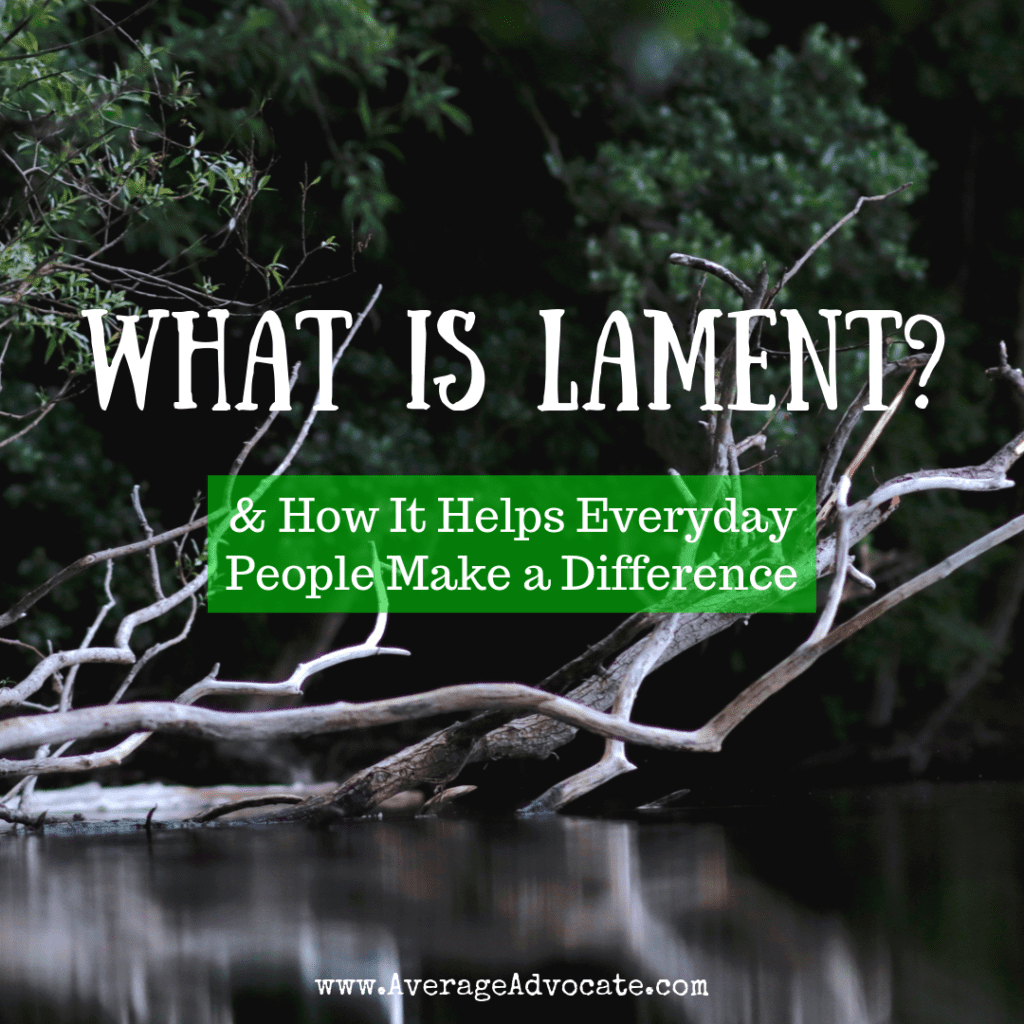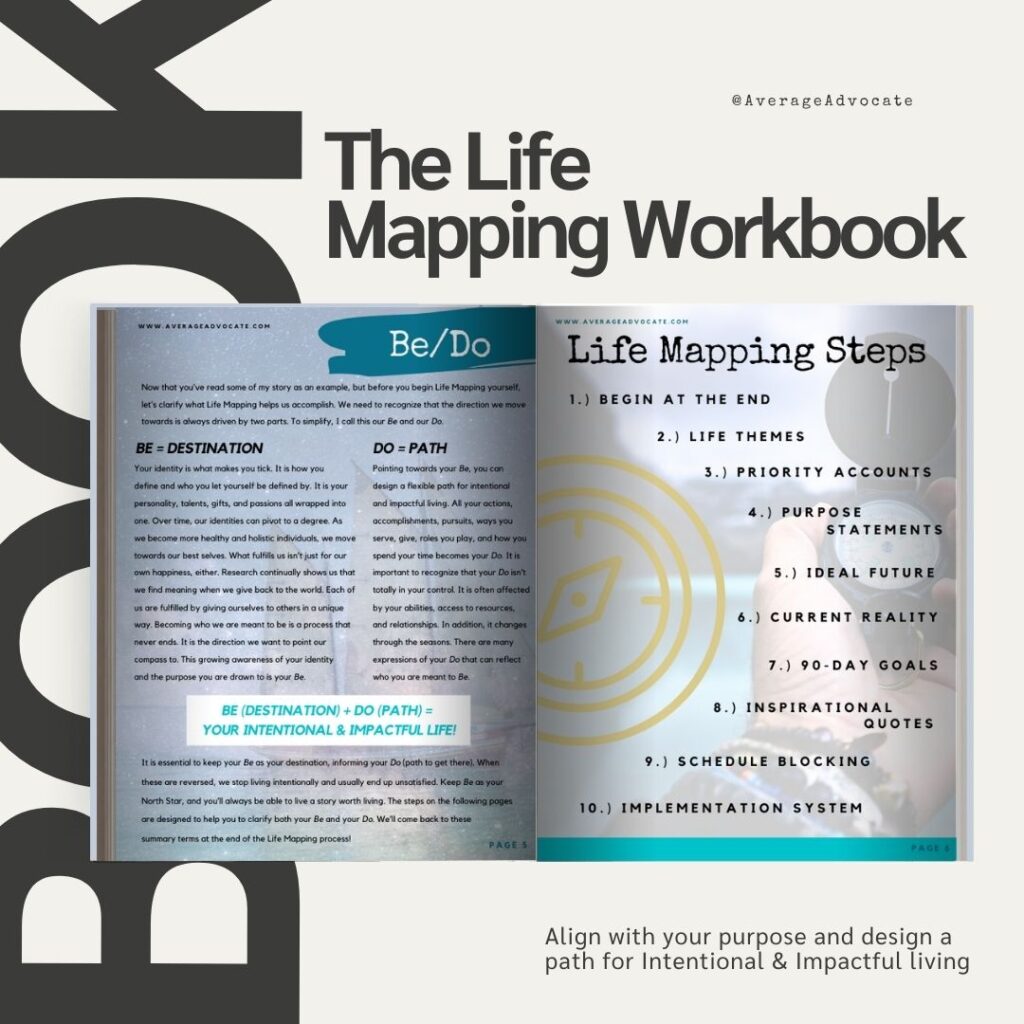The first time I heard it, I asked the same question: What is lament? And why do people who care about justice use it? And the question that feels most important–what does it have to do with me? An everyday person who wants to make a difference in the world?

The News Sucks
In case you missed the news yesterday (and no judgement here, the news sucks), Turkey invaded Northern Syria when the U.S. pulled out. We all knew the United States wouldn’t stay forever, and nations in the area don’t like the Kurds, who were making their own space in the Syrian North while fighting was going down with ISIS.
Honestly, the deets are murky as the politics are insane. Turkey has issues, then there is ISIS, and the Kurds aren’t all innocents either, even if they did go through a genocide. I can’t even pretend to understand.
But I do know that there are 1.7 million people in that region who are internally displaced (refugees), and about 700,000 of which are in dire need of humanitarian aid. And wherever war is, civilians tend to get hurt. From what I see on my feed from the human rights orgs I follow and support, it isn’t pretty.
Is it ever?
How We Deal With Bad News of Injustice
Scrolling through the news feed we see a sad picture or read some lines of text. It is horrible. Inhuman. Unthinkable.
This is often how my brain handles it:
*Screeching brakes* *Shut the door* *Change subject fast*
We.Are.Done.Here.
That’s about all we can take, right? That painful itching, scratching inside. It is just too much, gagaggggggagga . . .*plug ears* . . . Lalalalalaaaaa!
Even I can’t listen to very much news, as almost all news is bad news with traces (if not outright) wrongs, suffering, and injustice. (Said by someone who blogs about seeking justice!)
How Humans Work
But this is how we work as humans. We know empathy is paramount for connection, love, family, to be fully alive (at least according to Brene Browns extensive research.)
But we just can’t empathize that much.
Years ago I rewrote Syria’s story, superimposing it into the story of the United States, simply to try to get in their shoes and empathize. I think it is a large part of why I care about what is happening in Syria now, today.
Over the following years, myself, and those who connected with me at Average Advocate have continued to do something about Syria, refugees, etc… We’ve bought blankets for refugees, bought baby boxes and donated baby carriers, and with Blackout Trafficking, we’ve fundraised for a safe stopping place for refugees to get water and do laundry–that also educated them on human trafficking in the region and how to protect themselves.
Action came from empathy and wanting to connect. Empathy only happened through allowing ourselves to feel. Allowing ourselves to feel gave us a safe space to grieve injustice.
This is lament.
What is Lament?
Lament is an ancient art. Historically, it is mourning, often accompanied by ashes, wailing, scratchy sackcloth and fasting. Often it was public and could be done corporately. Lamenting is grieving, but many use it in conjunction with prayer.
Heck, I won’t even open Twitter to read about Turkey, Kurds, and Syria. Too much yuck.
Lamenting is the dam that opens inside us when we subject ourselves to every news article, Instagram image, and #refugee hashtag on social media. And in it, we just let ourselves feel it, crying out to God, praying, scathing, whatever.
What are we missing in Western Culture when we don’t allow room to lament suffering?
Is it possible our mental health is affected by not having a safe spaces to grieve injustice? It is possible this is why most of us, we everyday ordinary people, have such a difficult time facing injustice and suffering in the first place?
We need lament.

How Lament Helps Everyday People Process Suffering
Justice-seekers know that we can’t turn from injustice and simply look the other way. Our theology must allow room for suffering. It cannot not address it.
Lament makes this possible.
Through lament, we grieve to grapple with suffering. Through lament, we foster empathy, connecting us with people close or far, and it helps us see them as equals. We stop being rescuers and do-gooders, because instead, we want to be friends, neighbors, standing with the hurting as they go through trials.
Lamenting as a Spiritual Discipline
For those of us of faith, lamenting is a spiritual discipline. It requires honesty, vulnerability, anger, confession and ultimately, surrender. But as we do it with God, we commune, wait, and prime ourselves to be put into action, as action is always the next step.
What Lament Give Us
And that is the other reason everyday people gain something good through practicing lament. Through it, we almost always find our next steps to act.
It causes us to get to a place where we must do something, a stage I call “early action.” Early action isn’t where we end up, but it is essential to begin figuring out where we fit. For years I’ve studied what makes people into world changers, and lament falls right in there between stages 1-3.
Allow Yourself Room and Lament
What if everyday people choose to process injustice and the news this way? Not just weird people who like old words like “lament”?
Of course, it is a good idea to make boundaries as we face injustice (my mom calls this “cacooning”–but that is a post for another time). And we often have to schedule time to lament (like I did a little processing Meg’s suicidal stuff here).
However, if we chose to adopt this practice in our everyday lives, I have no doubt we would be able to confront injustice and move forward to do something about it with much more ease.
I never thought I would say this, but let us lament.












